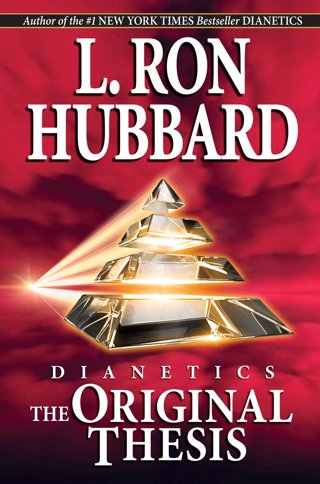The smart Trick of Dianetics That Nobody is Talking About
The smart Trick of Dianetics That Nobody is Talking About
Blog Article
Dianetics for Beginners
Table of Contents8 Simple Techniques For DianeticsThe Main Principles Of Dianetics Some Of DianeticsThe Dianetics Diaries
I could not ever before not want to receive anything that comes to mind for you- if it was or else, I would not be sitting here with you, doing this. I not only could never have a problem, or not intend to hear something that enters your mind for you, but I'm entirely anxious to recognize every idea, every thought, every image or feeling that emerges or shows up for you- don't ever assume otherwise, and if for one reason or another you do, please simply allow me recognize! In some cases, you may have an idea, and picture, idea or case appear that does not seem to address the concern, or relate to it, however nonetheless, always do tell me about it, and as we proceed, the significance will arise for you.This is intrinsic in the basis of processing, and the subject of this conversation: the standard duties of the therapist and the customer: The standard duty of the counselor is, as opposed to "standard training", not to manage, which suggests to impose and/or hinder, but to rather function from the basis of EMPOWERING THE CUSTOMER.

The Best Strategy To Use For Dianetics
John Mcmasters expressed this fundamental reality incredibly well in one of his lectures on Power processing, wherein he clarifies exactly how he was asked what this "unique knack" was that he had for providing such fantastic sessions; he needed to think regarding that for a moment, and detected that it was what he wasn't doing, in addition to what he was doing: he had not been examining, judging, computing, or actually, creating any type of ideas, not to mention verbal expressions, after giving the command and while awaiting the computer to complete their response to their contentment; he was, simply and only, existing with the computer, and entirely interested.
The role of the therapist, demonstrated; that was his "special propensity". I have had my own experience which instructed me this well, really beforehand in the video game. In 1982, having recently completed my training and internship on New Era Dianetics, I was running this on a COMPUTER, and there was a factor in the session where (being a little bit damp behind the ears not yet having lots of hours under my belt as a specialist auditor) the computer seemed to be "taking too long" to express anything vocally after I offered him a command.
This trick turned out to be the most important contribution that John ever made to the subject of treatment or bookkeeping (Dianetics). In my simple viewpoint, it is the best payment that any individual has ever made to these subjectsthe application is completely non-judgemental, non-evaluative, and lacking any type of tip, suggestions or opinion.no preconceived agenda for individuals, or 'degrees' that they should do
In Scientology we prided ourselves on not assessing for individuals. All that truly implied was that the auditor did not Vocally examine for the Computer in session.
Everything about Dianetics

Any individual who had actually ever before seen John audit might not help yet observe a distinct quality in his bookkeeping."The client's fundamental duty is to be there with the objective of moving in the direction of their spiritual objectives, and to freely and completely express and experience whatever shows up for them in addressing the questions and executing the guidelines in the handling.
This is something to process as required. Additionally, people frequently have prior experience and/or brainwashing in auditing/processing which, in some ways, and to some degrees, in fact misguides them right into attitudes, ideas and actions patterns that protect against the full understanding of these roles, and so they will certainly often tend to prevent the expressing of what comes to mind, as in the examples provided above - Dianetics. * The very first, and maybe foremost examples of mis-indoctrination bring about less than completely smooth and effective sessions, can be found in why not look here specific elements of the training routines, or "TR's":"TR's" are typically an individual's very first, or at the very least early, experience in Scientology, and while I will certainly go on to explain what I see as the flaws in concept and practice, nevertheless, tend to be significantly therapeutic, done as they are given (Hubbard insists that "TR's are not processing, they are training", but factually, they are both processing AND training)
Alan Walter made similar observations, and improved on these with his "Presence Processes". There is no "flunking", and no rejection of the truth of this being handling. The emphasis, as it needs to be, gets on experiencing the other person's visibility. All the manifestations which obtain a "fail" in doing "TR-0" are just the being's efforts to resist the various other individual's presence, and rather than being harassed and nagged with "Flunk", which enforces "failure!" on the being, one just requires to be motivated to "stick their feet in the water a little deeper", to increasingly refurbish their capacity and readiness to completely share and experience "being here", or "presence", with others.
Excitement About Dianetics

Report this page